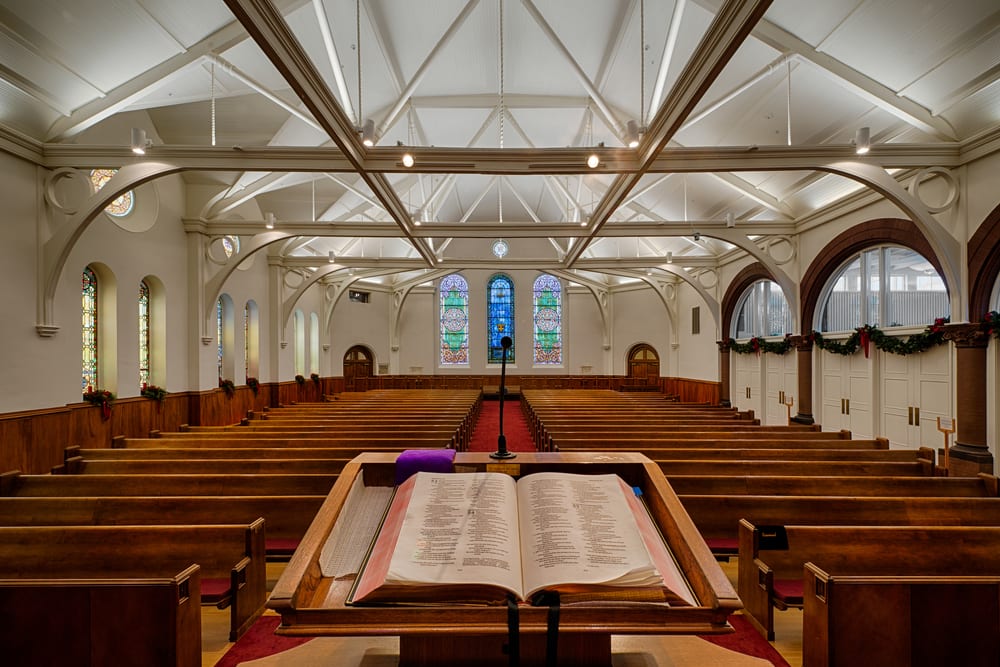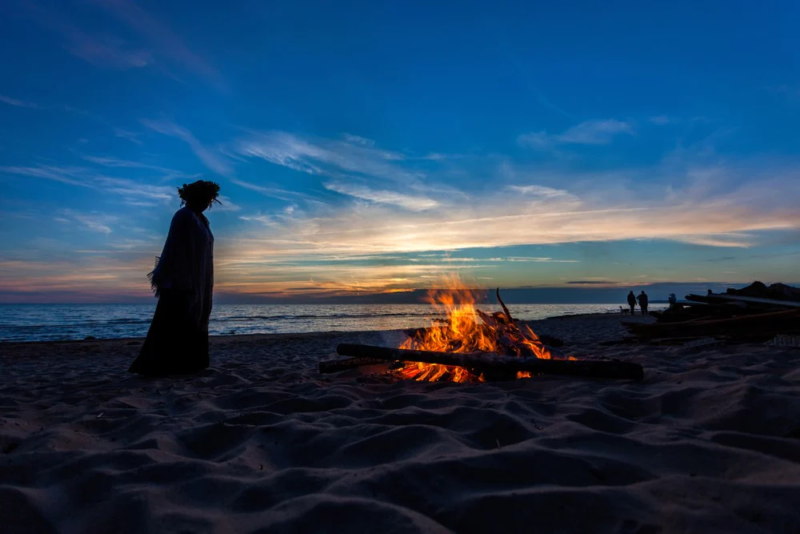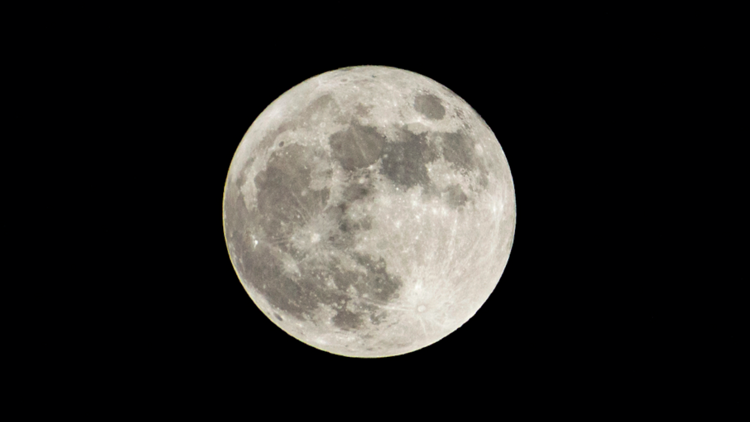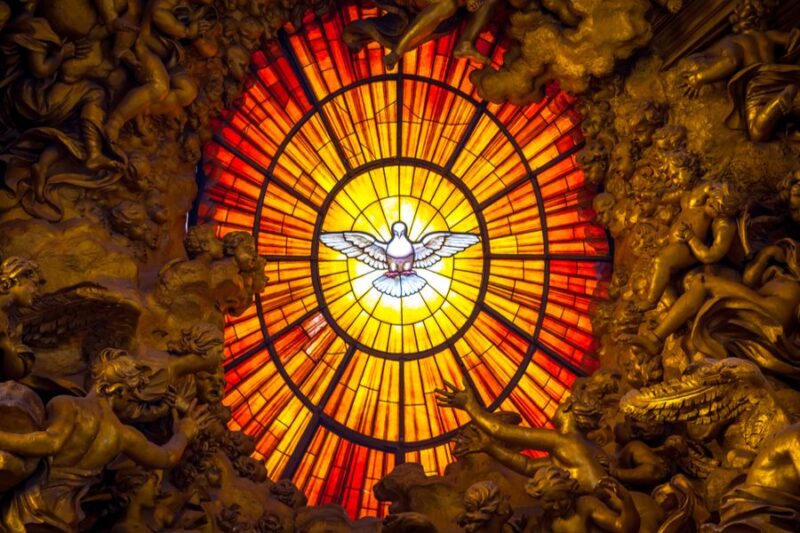The day after my injury, I went to the emergency room and discovered I had broken my ankle. I was given a boot to wear and crutches to get me from one place to another. Physical therapy gave me a quick lesson on using them, and I was sent on my way.
Upon returning home, I made my way from the car to the stairs and came to a dead stop. If you have ever used crutches, you know that one needs to hop up the stairs, which is challenging. I stood there for a few moments and determined I could not do it. I was scared. I was scared that I would fall, and I was scared I would hit my broken ankle on the stairs. So, we called for help.
Since then, I have transitioned to using a walker and, when needed, a wheelchair. Both present their own difficulties. The wheelchair is far more comfortable but also the most restrictive. Amazingly, a ¾” lip on a threshold can prevent a wheelchair from entering a building. How about trying to open a door and go through it? Before being confined to devices that aid, I was blind to the idea that we excluded people based on their mobility. Not intentionally, of course, but still excluding.
Today’s passage from the Gospel of Matthew is rather harsh. Jesus is preaching and telling those listening that it is not what goes in one’s mouth but rather that which comes out that defiles a person. There had been a great discussion about Jewish dietary restrictions, and Jesus is trying to combat that. He is reminding them that what we say really leaves a mark.
By tradition, Orthodox Christians abstain from meat and dairy on Wednesday and Friday and during Advent and Lent. This is a strict fast, with no wiggle room, meat, or dairy. This spiritual discipline teaches that if we can control what goes in, we can control what comes out. The understanding is we have control over what we eat and how much. If we can control the desire to eat, we can control other desires we may not have as much control over.
In my Orthodox days, I always advised folx to abstain as much as possible. Nothing worse than trying to take on a spiritual discipline only to fail. Start small and work up. Abstaining from anything is a sacrifice but can also be behavior-changing. Again, the idea is to control what comes out. I recall saying, just before a period of abstinence was about to begin, that if you abstain but come out the other side the same nasty person you were going in, it did not work. Abstaining for abstaining sake is worthless. It’s about behavior change.
This is the point that Jesus is making. You can follow the letter of the law, the dietary restrictions, but if you cut another down with your words, what good is that? This is true of anything we do in the name of religion or spirituality. You may come to church, pray, sing the hymns, and know bible verses backward and forwards, but it is a waste of time if we have no love for others.
After this teaching, and I suggest going back and reading this scripture above, the scene changes. Jesus has moved to a different area and is now in the district of Tyre and Sidon. Tyre and Sidon were two important cities in Phoenicia and not a place one would expect Jesus to be.
As they are walking, a Canaanite woman approaches them and asks Jesus to heal her daughter. Jesus ignores her and keeps on walking. She is a Canaanite and a woman, so Jesus is basically blind to her request. She persists so much that the Apostles come to him and ask him to send her away as she is becoming a nuisance. Jesus tells them he cannot help her because she is of the wrong race. “I was sent only to the lost sheep of the house of Israel,” he tells them and keeps walking.
A couple of things to point out here. This woman is advocating for her sick daughter. As we would, she will try anything until she finds what she needs. She wants what is best for her daughter. She knows the risk of approaching Jesus but needs to do this. Jesus is her last hope and will do anything for her daughter.
Finally, the woman comes and kneels before him, blocking his path. She is insistent now but respectful. She pleads with Jesus to help her, and amazingly Jesus says to her, “Is it not fair to take the children’s food and throw it to the dogs.”
Wait, did Jesus call this woman a dog? What happened to love your neighbor and all of that? Maybe Jesus was having a bad day; we all have them. Perhaps he was tired. He had just finished a sermon and needed a break; here he was, being pestered by this woman. Jesus just finished speaking about what comes out of one’s mouth, and now he is not paying attention to what is coming out of his mouth.
The Canaanite woman has a choice; she can slink away or stay and fight, and she chooses to fight. She challenges Jesus by answering, “yes Lord, yet even the dogs eat the crumbs that fall from their master’s table.” She is acknowledging who Jesus is. She has no doubt heard the stories; that is why she came in the first place. But now, she publicly acknowledges that Jesus is Lord and can heal her daughter.
This moves Jesus, and he grants her request instantly.
Sometimes we think we are being inclusive, but are we really? Who have we excluded? Do we genuinely love everyone or only some people? Remember, loving and liking are two very different things. We can set up boundaries to protect ourselves to keep some out, but we must still love those on the outside. We are inclusive of our love but cautious of who we allow in our lives, which is fine.
What barriers do we have to keep others out? Maybe it’s that ¼” threshold or something else. Let us strive to seek out those barriers and remove them so all are truly welcome.
Amen.









